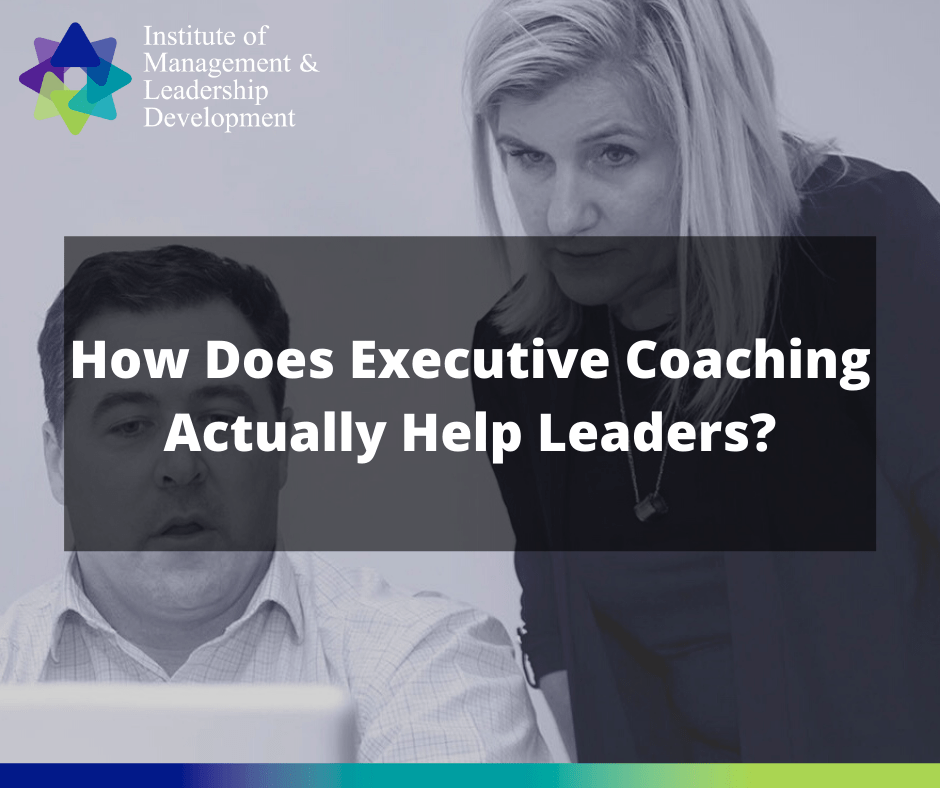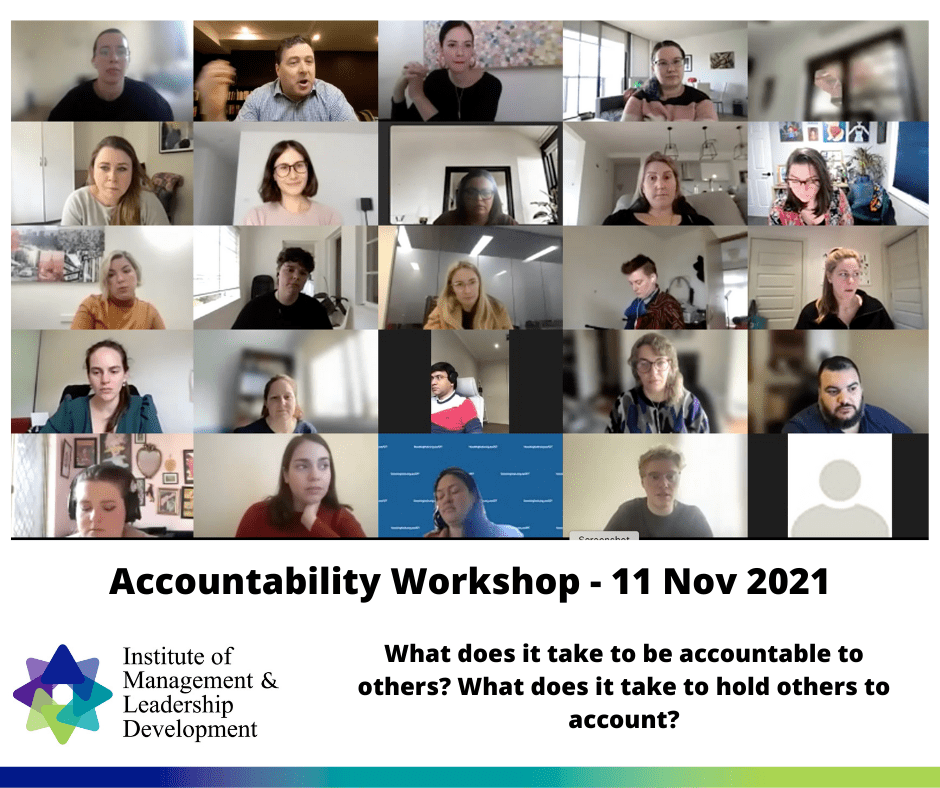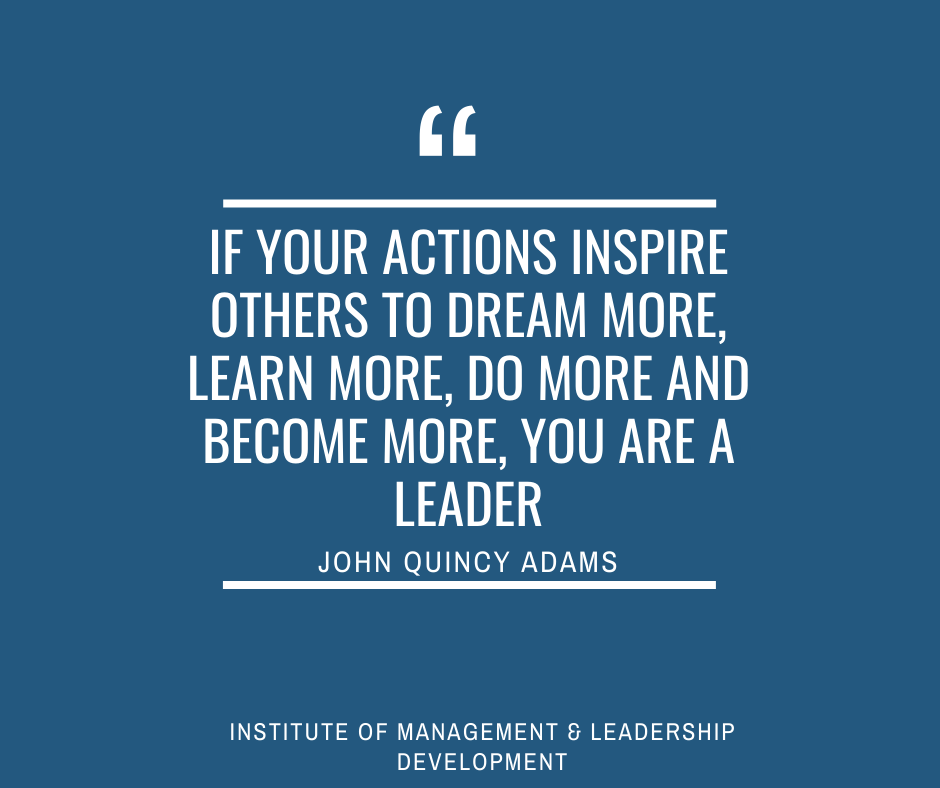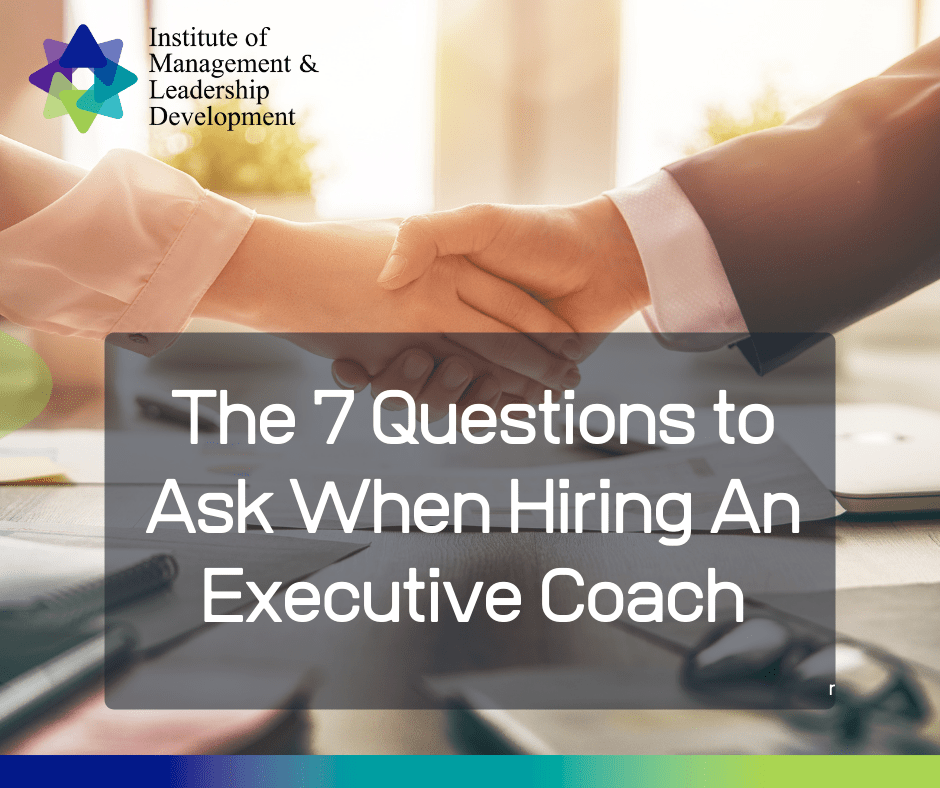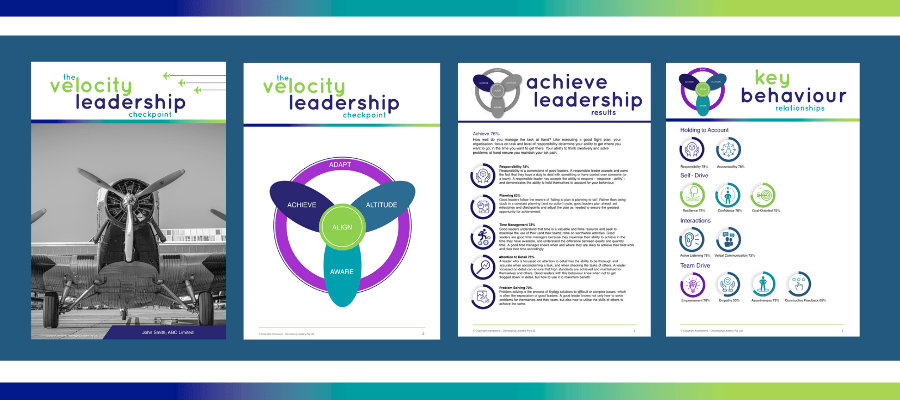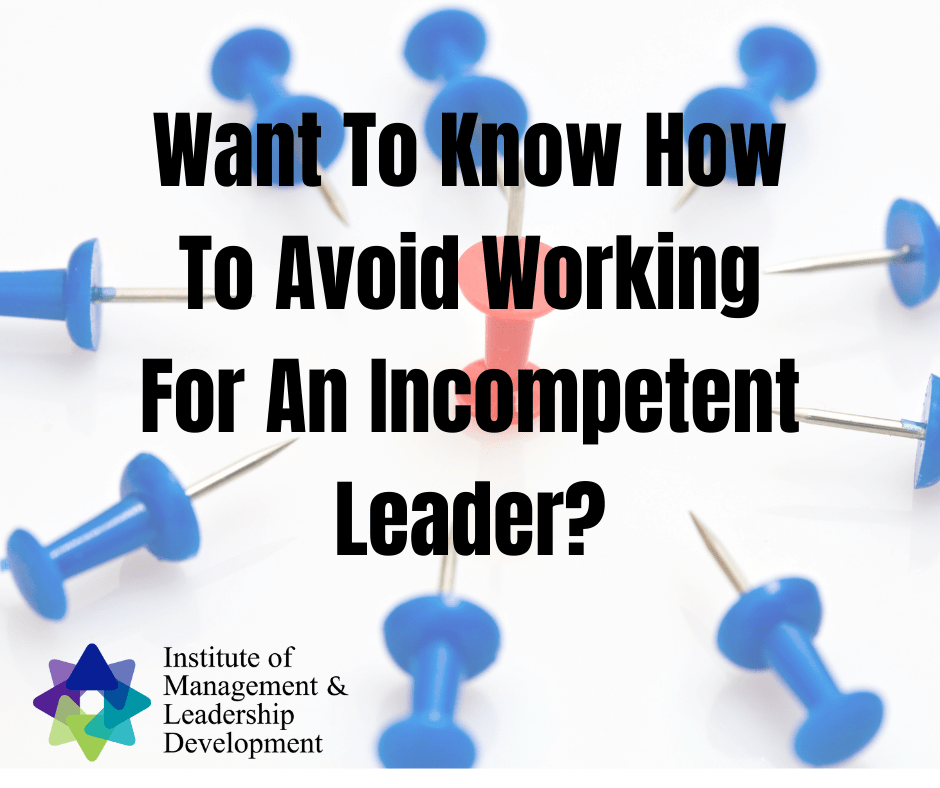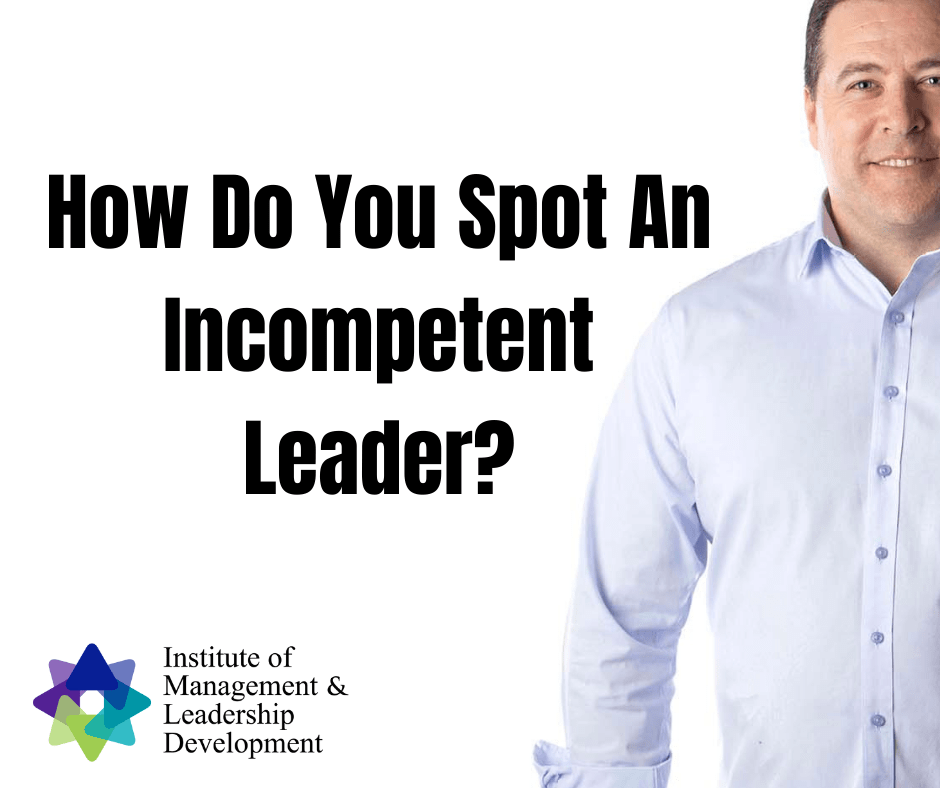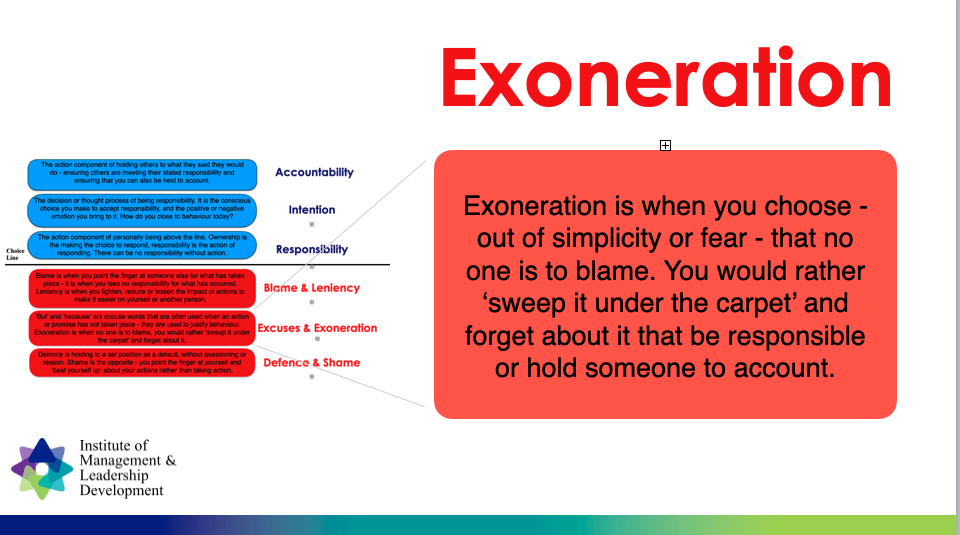Do you avoid difficult conversations? What are the conversations that you dread? Are they awkward pay conversations with the boss? Standard / accountability conversations with your team? Interviews? Performance management? Are they as awkward as the image below (apologies – do you know how hard it is to find a difficult conversation image without someone yelling? ?♂️?)
Many people struggle with difficult conversations. They either:
? Avoid them (just pretend it didn’t happen)
? Stress over them (make them much bigger that they have / need to be)
? Get caught up in the moment (let the emotion of the situation take over)
? Say something they didn’t want to say (often due to the emotion, but also because of what the other person might have said), and
? treat like it is a 100% win / lose battle (when even 65% would be OK)
Today’s Diploma of Leadership & Management workshop is all about the art and science of having a difficult conversation.
I must admit, this is one of my favourite workshops. Not because I love having difficult conversations (I dislike them just as much as anyone!), but because of the changes in emotions and confidence experienced by those that do the workshop.
This workshop breaks down your side – your 51% – of the difficult / crucial conversation, and introduces the DRIFT model for separating the important things that need to be said by you in the conversation. It also explores how to deal with the other 49% – the others persons reaction – and how to stay on track as well as listen.
As I said, one of my favourites!
If this type of workshop sounds useful for you or your team, get it touch! IMLD offers this workshop both as part of the Diploma, and also as a targeted group session for teams and businesses looking to build their skills.
#leadership#management#people#team#crucialconversations#difficultconversations#IMLD#developingleaders




